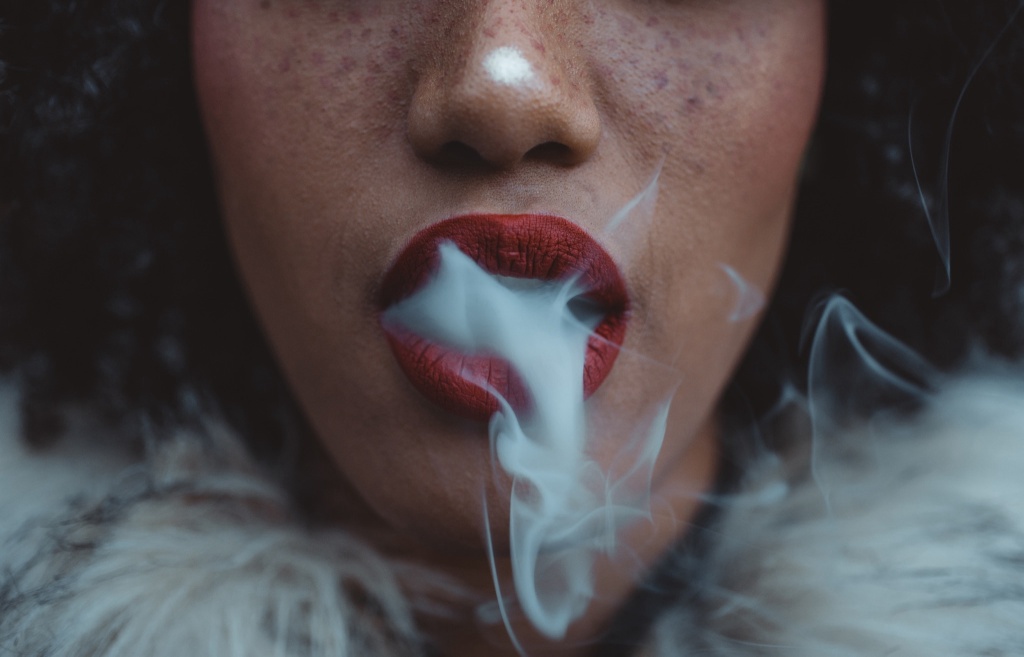Is a ‘contact high’ a real thing? Exploring if you get stoned from secondhand smoke

At a recent tailgate party before a California Golden Bears football game, I got in a cannabis conversation with an alumnus who told me that someone in the marching band with him in the 1970s earned the nickname “contact high Carl” because while he would never smoke weed directly, he always wanted to be in the room where others were smoking. Most people have heard the phrase “contact high” in reference to getting stoned through secondhand smoke, but is it a real thing or just the power of the placebo effect?
RELATED: Can you eat raw weed? Spoiler: it’s not what you think
While various studies show that exposure to secondhand cannabis smoke can be harmful—resulting in things like coughing, headaches, and irritated eyes—there is limited information on whether passive exposure to cannabis can cause a psychoactive high. Scientific research shows that it is possible that a person who breathes in ambient cannabis smoke could feel stoned, but this only becomes true through extended contact in poorly ventilated areas.
In a 2019 study conducted by the Health Hazard Evaluation Program, a government entity that evaluates U.S. workplaces for health hazards, cannabis exposure of police officers at open-air stadium events with measurable amounts of THC in the air was examined. The study detected “a very small amount of one chemical marker of THC exposure in the urine of 10 (34 percent) of 29 participants.”
Still, it noted “the amount would not be considered positive in a routine drug screening test” and determined that the average subjective rating of a “contact high” was very low. The report also states that, historically, studies conducted in the 1980s show that it is pretty unlikely for a nonsmoking person to unintentionally inhale enough cannabis smoke to cause a positive drug test.
RELATED: This is the biggest misconception about weed
Research conducted in 2015 looks at a “hotboxing” situation in which participants were placed within a 10-by-13-foot chamber and exposed to the smoke of six individuals over one hour. This study states it is the first to evaluate the behavioral and cognitive effects of secondhand cannabis smoke exposure and determined that unventilated conditions could result in “mild to moderate self-reported sedative drug effects” and impaired performance in a cognitive test.
“Nonsmokers exposed to secondhand smoke with fans running reported no effects other than being hungry,” the report states. “Those who were exposed in the unventilated experiment reported feeling ‘pleasant,’ more tired, and less alert.”
In the end, the 2015 study concluded that while unventilated exposure to cannabis smoke, like the one that happened in the research, could occur in the real world, “it couldn’t happen to someone without him or her being aware of it.”
All in all, these studies show that you might feel some of the psychological effects of secondhand cannabis smoke, but only if you really want to.